
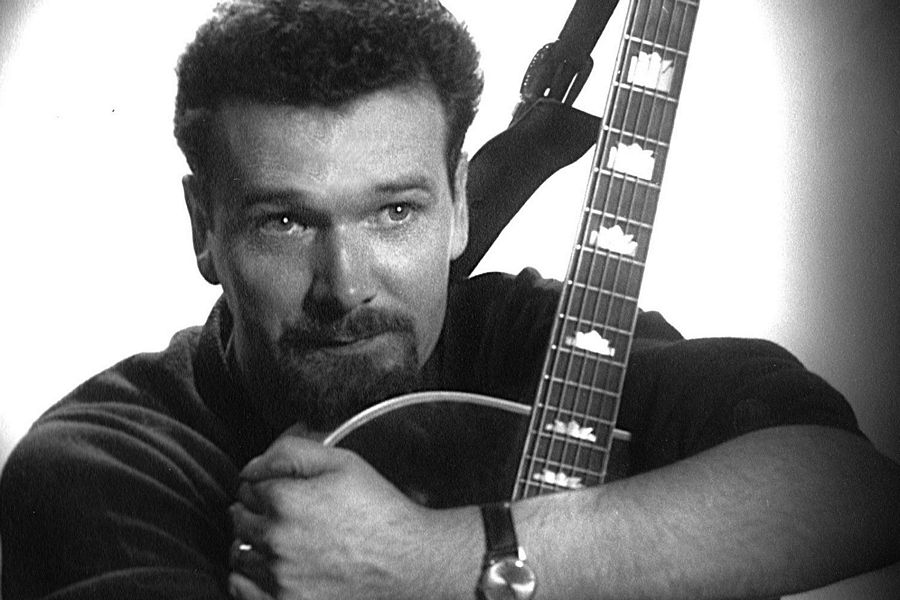
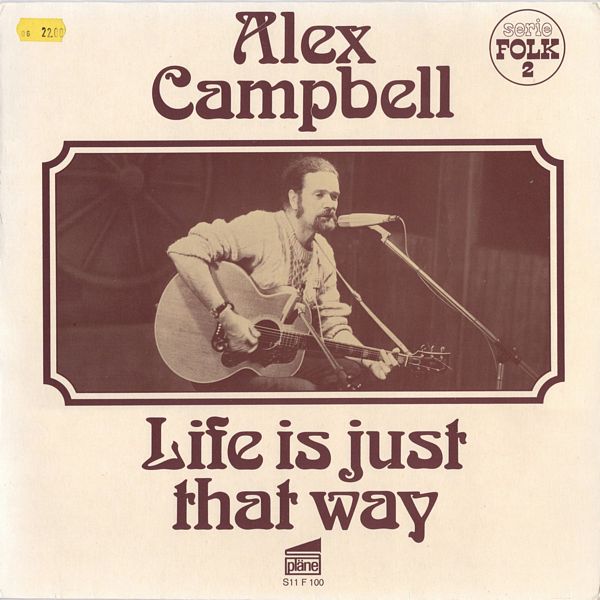 |
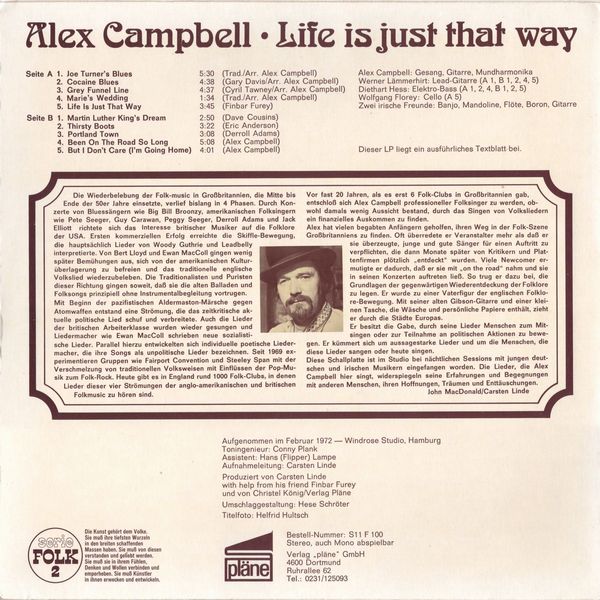
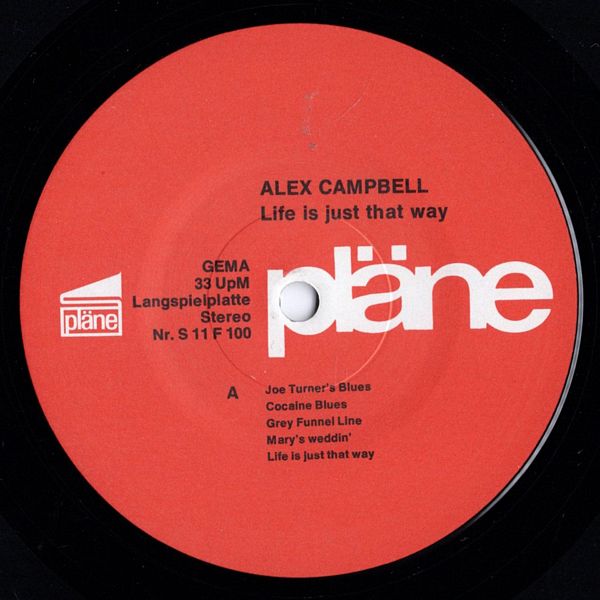
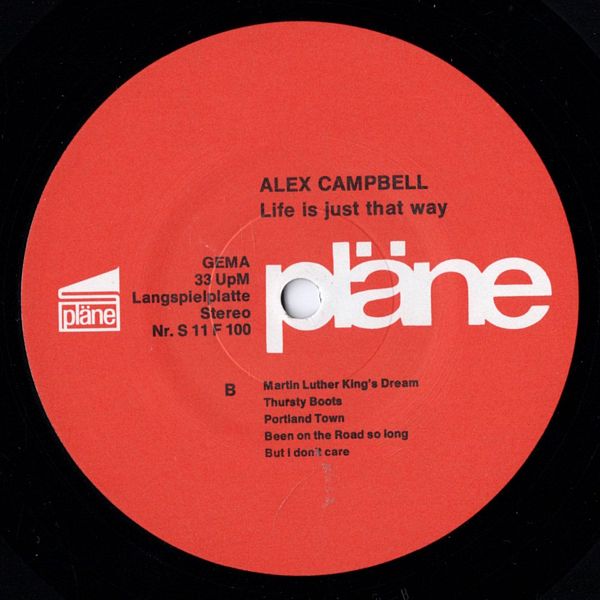
|
Sleeve Notes
The revival of folk music in Great Britain, which began in the mid to late 1950s, has so far been in four phases. Concerts by blues singers such as Big Bill Broonzy and American folk singers such as Pete Seeger, Guy Carawan, Peggy Seeger, Derroll Adams and Jack Elliott turned British musicians' interest to American folk music. The first commercial success was achieved by the skiffle movement, which mainly performed songs by Woody Guthrie and Leadbelly. Bert Lloyd and Ewan MacColl soon made efforts to free themselves from the American cultural influence and revive the traditional English folk song. The traditionalists and purists of this movement went so far as to perform the old ballads and folk songs without instrumental accompaniment.
With the start of the pacifist Aldermaston marches against nuclear weapons, a movement emerged that created and spread the contemporary, critical political song. The songs of the British working class were also sung again and songwriters like Ewan MacColl wrote new socialist songs. At the same time, individual poetic songwriters developed who described their songs as non-political songs. Since 1969, groups like Fairport Convention and Steeley Span have experimented with the fusion of traditional folk songs with pop music influences to create folk rock. Today there are around 1000 folk clubs in England where songs from these four currents of Anglo-American and British folk music can be heard.
Almost 20 years ago, when there were only 6 folk clubs in Great Britain, Alex Campbell decided to become a professional folk singer, even though there was little prospect of making a living by singing folk songs.
Alex has helped many talented beginners find their way in the folk scene in Great Britain. He often persuaded rather than convinced promoters to book young, good singers for a performance, who were then suddenly "discovered" by critics and record companies months later. He encouraged many newcomers by taking them "on the road" with him and having them perform at his concerts. In this way he helped to lay the foundations for the current rediscovery of folklore. He became a father figure of the English folklore movement. He travels through the cities of Europe with his old Gibson guitar and a small bag containing his laundry and personal papers.
He has the gift of getting people to sing along or take part in political actions through his songs. He cares about meaningful songs and the people who sang or sing these songs today.
This record was captured in the studio during night sessions with young German and Irish musicians. The songs that Alex Campbell sings here reflect his experiences and encounters with other people, their hopes, dreams and disappointments.
John MacDonald/Carsten Linde
Sleeve notes translated from Gernan via Google Translate.